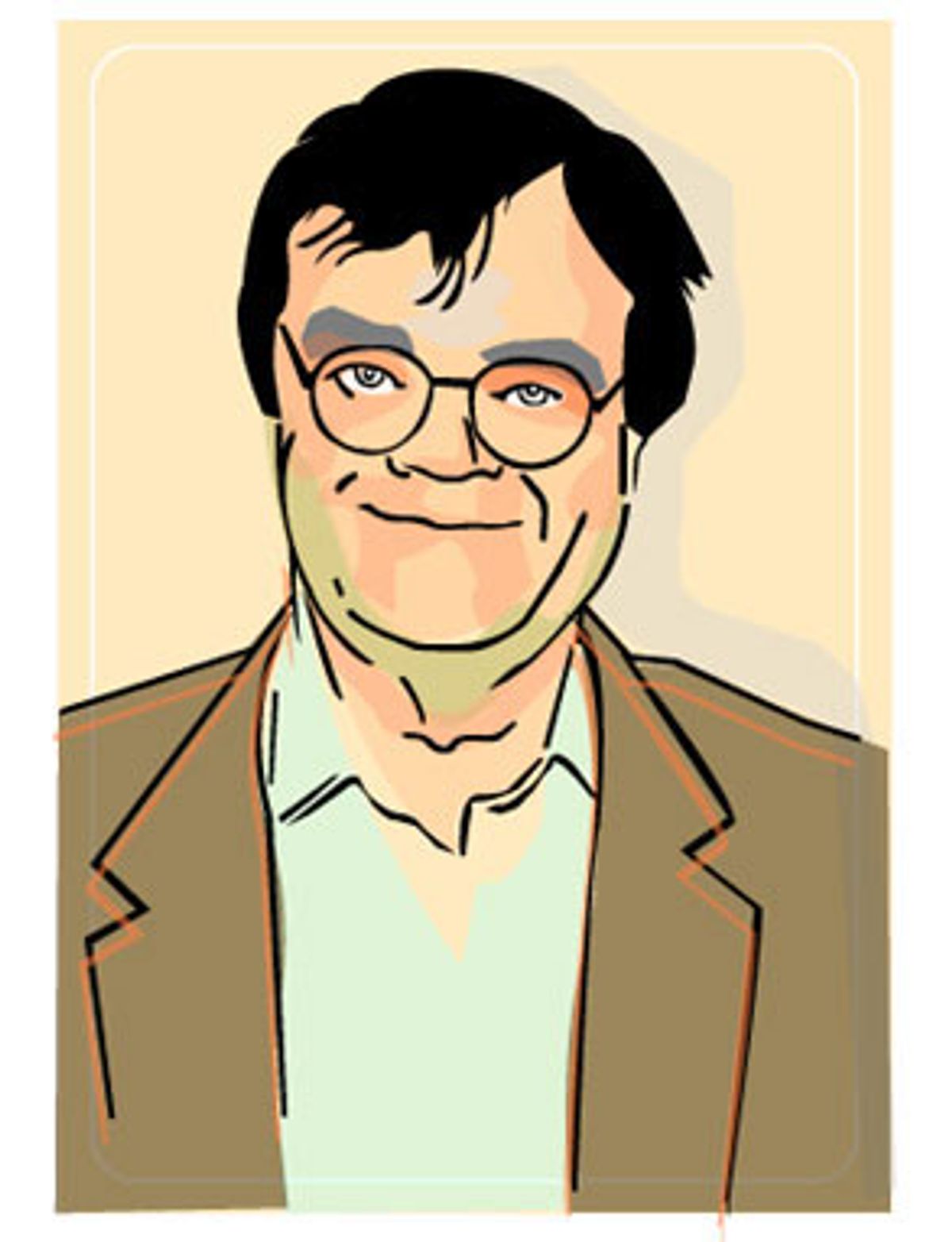Blanche DuBois said she always had depended on the kindness of strangers but that was before last week. Last week showed you pretty clearly that you should never ever get in a situation where you're trapped and don't have food or water. Nobody's going to come. Lower taxes and less government means you better live on a high bluff above the river and have plenty of money.
I like New Orleans but I'd never live there. I enjoy the streetcars and the gumbo and the little gardens behind the high walls in the French Quarter and the easy view of life. It's a city where you can find people to talk to late at night and nobody is in a rush to get home. I've seen a whole roomful of people at Tipitina's get up and dance like crazy just because the music was good and they felt like it. And once I saw Irma Thomas knock them dead at the Saenger Theatre at Canal and Rampart streets. She stood onstage and sang and made grown men stand up and cry out to her and I realized that my Northern upbringing had made it impossible for me to do that unself-consciously. I enjoy reading about unbridled high spirits but prefer to keep my bridle on.
The Saenger is near Basin Street in the old red-light district, called Storyville, where illicit sex was licit for many years and where jazz originated, the great American art form. The symbiosis of illicit sex and jazz has been noted by preachers for a hundred years, but both persist and people continue to improvise their arrangements and preaching hasn't deterred them.
Here in a neighborhood with streets named for the Muses walked the madames of New Orleans, Minnie White, Lulu White, Jessie Brown, Martha Clarke, and out of the gin mills and bawdyhouses came Jelly Roll Morton, Buddy Bolden, King Oliver, Bunk Johnson, Sidney Bechet and Louis Armstrong, who was one of the most popular Americans who ever lived. He grew up in Storyville, got his cornet from a local pawn shop, played on the riverboats and in local joints until he was 21 and went north to become the Papa of Cool with his enormous white grin and gravelly voice and those blazing high notes.
Americans would be a different people without jazz. Jazz was intuitive, counter-militant, turning 4/4 marches into dances by accenting the off beats and in New Orleans they played so deliciously behind the beat and against it that, in the '20s, when people heard jazz for the first time, they couldn't control themselves -- they jumped around and shimmied and shook and life was not quite the same afterward.
I don't come from a carnival culture. I'm from the North. I'm OK with jazz but I've known a lot of really hip people who were dreadful to their own kids and I'd choose good schools over rockin' nightclubs any time. A town that closes early, like Topeka or Muncie or St. Paul, is just fine by me. If you need excitement, read Flannery O'Connor.
The downside of being the Big Easy is that visitors feel encouraged to show you a side of themselves you'd rather not see, the blithering drunkenness and bare-breasted ladies and plastic gewgaws of Bourbon Street and Mardi Gras. You don't have to be Baptist to find the company of drunks discouraging and New Orleans is a mecca for alcoholics. Big Easiness, however, is not conducive to good government and the city hasn't gotten much of that. There are large sections of town where the tourist is warned never to set foot. The schools are wretched and services are lousy and in a high-water-table city where even high ground is low and low ground is below sea level, the flood control system wasn't ever more than modestly adequate, and so last week the Big Easy got to know George Bush.
You don't have to be drunk to be stupid. Here was a patronage appointee, the pal of a pal, in charge of the federal response to Katrina and he sat and waited to see what would happen and when it happened, he froze. As Mr. Bush said, he had no idea that the levees wouldn't hold. Truly. It's not how we used to do things, back when there was a sense of shame attached to government incompetence that costs lives, but it's different in America these days. Don't ever get in trouble, is my advice. Head upriver and look for high ground.
- - - - - - - - - - - -
(Garrison Keillor's "A Prairie Home Companion" can be heard Saturday nights on public radio stations across the country.)
(C) 2005 BY GARRISON KEILLOR. ALL RIGHTS RESERVED. DISTRIBUTED BY TRIBUNE MEDIA SERVICES, INC.



Shares